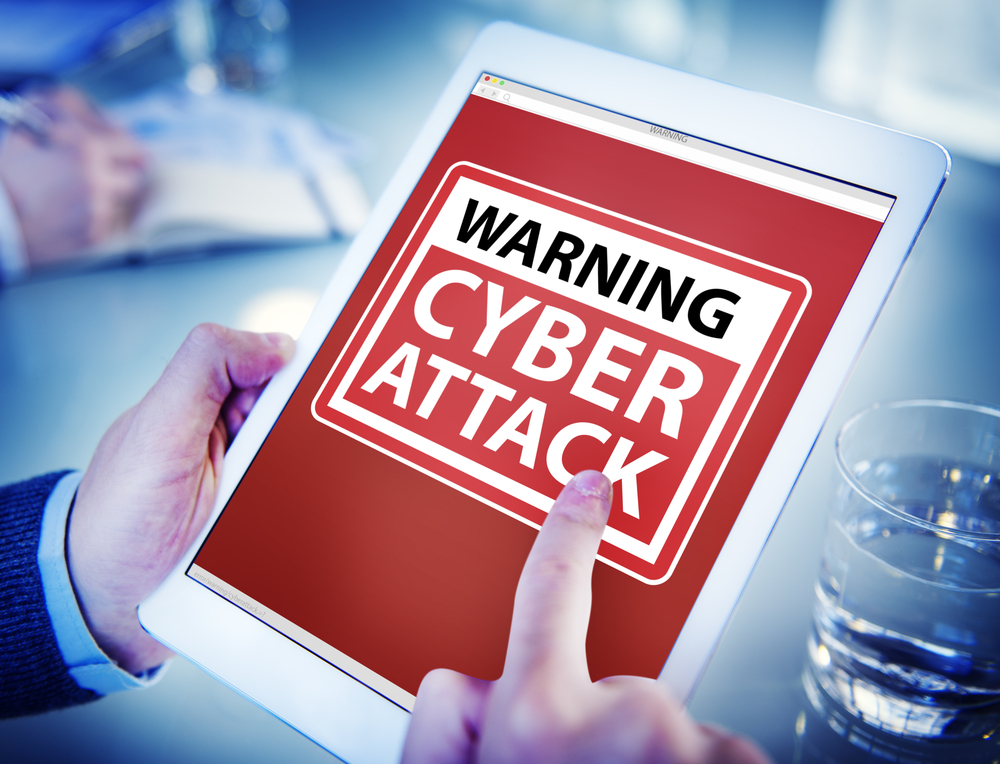Cybercrimes don’t just happen to businesses. They can affect personal computer and device users as well. And they can lead to serious financial losses. That’s why it’s essential to gather information on recognizing cybercrime attempts and how to invest in personal cybersecurity.
Here is a comprehensive look at cybercrimes, which kinds are on the rise, and how to invest in your cybersecurity to protect against exploitation.
With the advancements in internet and digital technologies, cybercrime has become a significant challenge for the users worldwide. Likewise the users cybercriminals can also operate from anywhere in the globe, which further
makes it complex for law enforcement agencies to track them and bring them to justice.
What Are Cybercrimes?
Cybercriminals commit crimes using computers and the internet for illegal activities. These crimes can affect personal computers and digital devices, such as mobile phones and tablets. Cybercriminals can commit crimes such as:
- Fraud that results in financial loss from phishing
- Identity theft based on data extracted by malicious software
- Privacy violations by activating cameras and microphones on personal devices
Cybercrimes Are on the Rise
According to the FBI, there are cybercrimes on the rise recently that personal device users should be aware of. Keeping up-to-date on the most recent cybercriminal activities will help you steer clear. These activities include:
Using Disasters and Current Events
Cybercriminals will take advantage of empathetic hearts by claiming to be victims of natural disasters, civil unrest, or wars. They will try to solicit financial resources under false pretenses, whether through social media or other online venues.
Sending Bogus E-Mail Attachments
Phishers can make e-mail addresses look like they’re from someone you know, such as your bank, in order to get you to open them. The e-mails will have links or attachments for you to click on that will allow cybercriminals to insert malware or monitoring software onto your device.
Free Charging Stations in Public Establishments
Online methods are not the only way malicious software can infect your devices. According to the FBI, free charging stations in airports, restaurants, or shopping centers can allow malware or monitoring software to be installed when you plug your device into them.
Invest in Personal Cybersecurity
It’s not always easy to see where the next cyber threat is coming from, which is why you should invest in personal cybersecurity. Personal cybersecurity programs provide an added layer of protection. For instance, Norton LifeLock protection plans safeguard your private information in many ways, including the following:
Protection Against Present and Future Malware
Trying to stay vigilant in avoiding malware intrusion may not always be successful. That’s why having best-in-class antivirus protection that provides 100 percent protection against all forms of malware is priceless.
Identity Theft Alerts
Personal data alerts and credit monitoring are part of identity theft protection packages. Usually, you will be alerted when a cybercriminal applies for credit or services using your personal data, like your birth date, name, address, or Social Security number.
For added protection, credit bureaus can monitor and alert you to peculiar changes to your credit report or when someone tries to use your personal information.
Privacy Protection
Investing in privacy protection strategies can also provide extra security when using your devices. For example, Virtual Private Networks (VPNs) provide encryption when you connect to your Wi-Fi at home or anywhere else, helping secure your internet traffic from watchful eyes.
Invest in Your Peace of Mind
While you try to be vigilant and mindful when online with your devices, malware intrusion, identity theft, and privacy violations can happen at any time without warning. That’s why it’s sound advice to invest in personal cybersecurity for your peace of mind.
Conclusion
To combat the rising cybercrime, many nations have enforced many laws and regulations that criminalize various forms of online criminal activities. However, the culprits always come up with some new idea to fool people and it takes time for the administration to fathom and then develop some law against the same.

